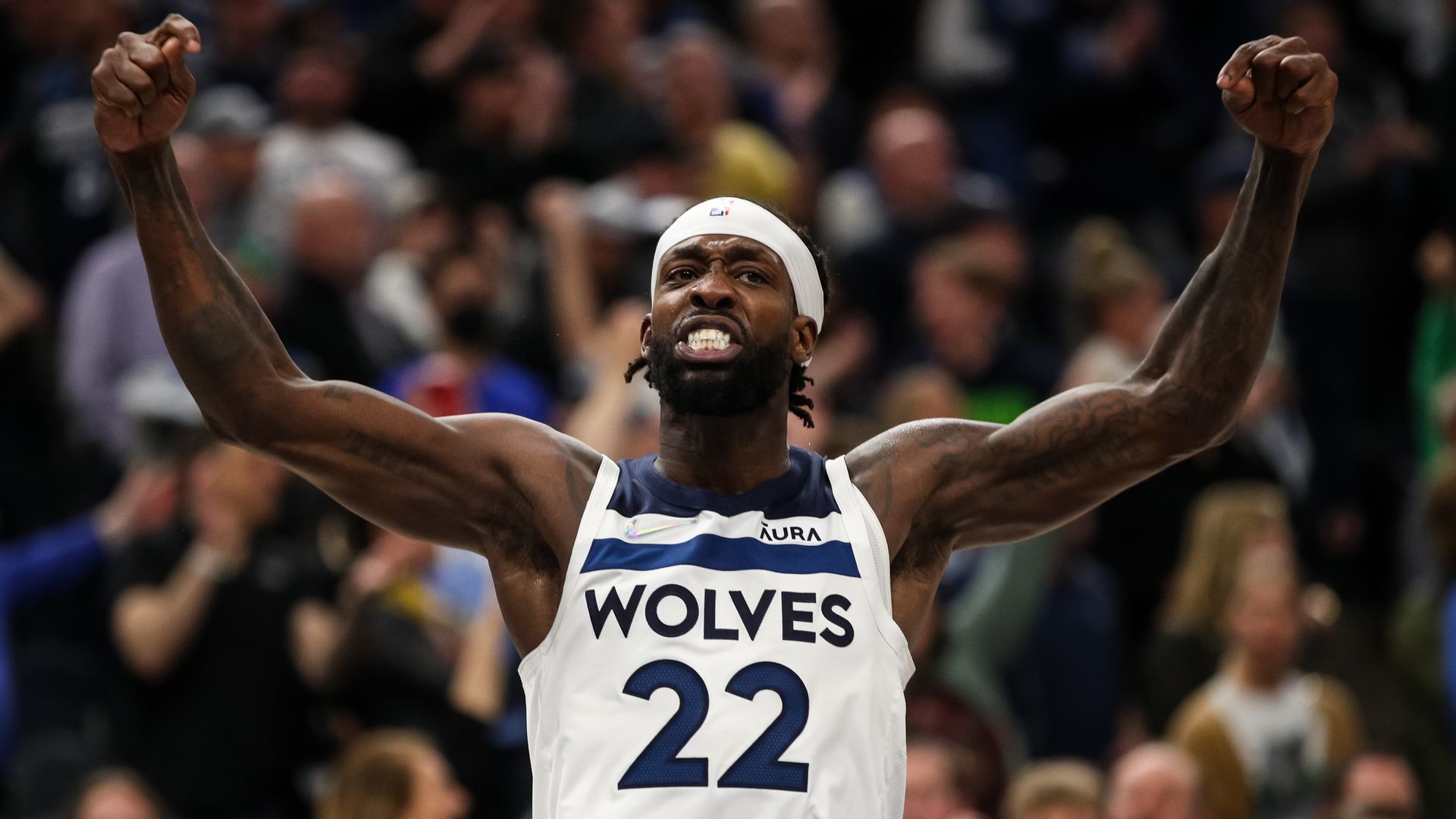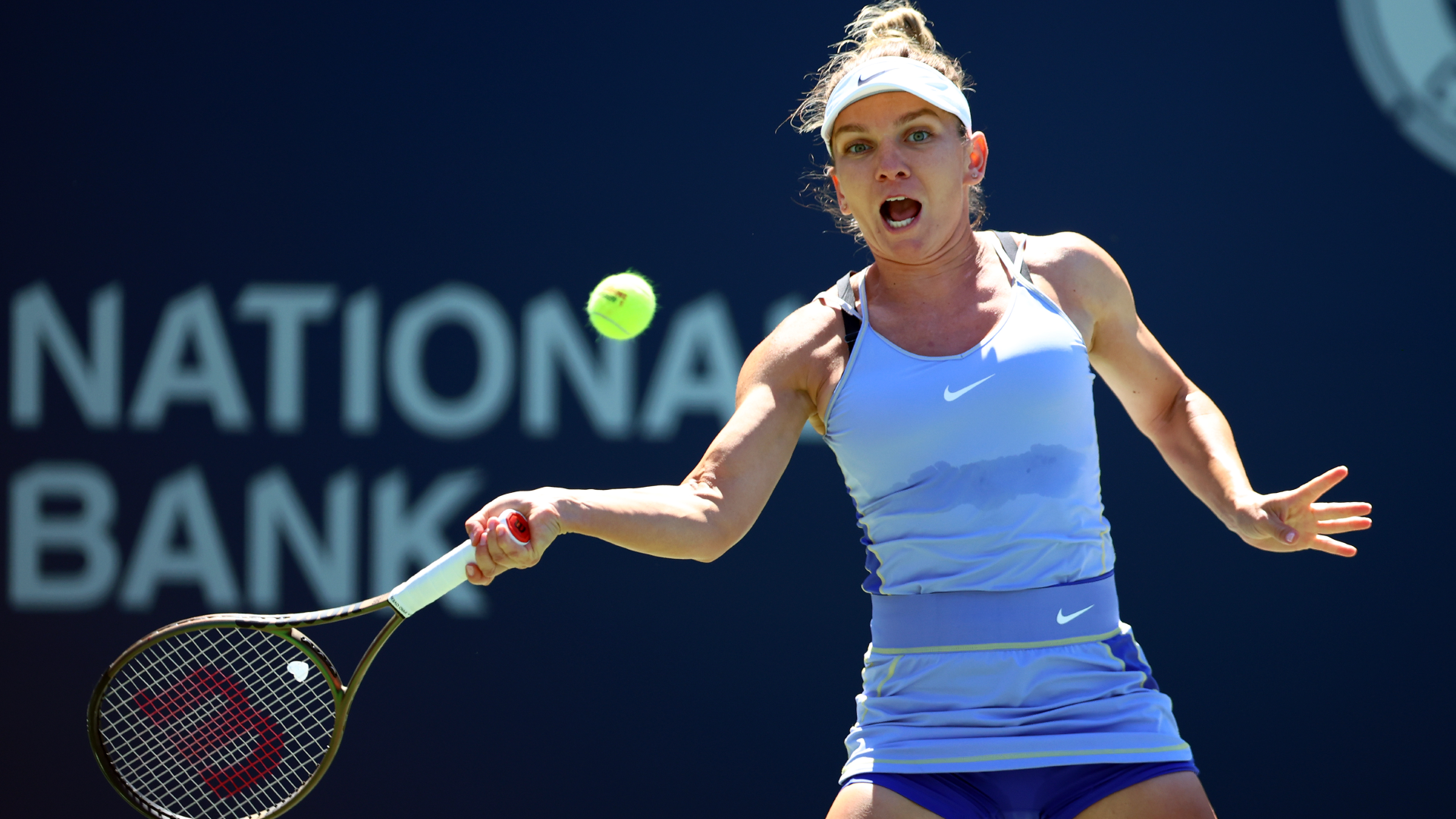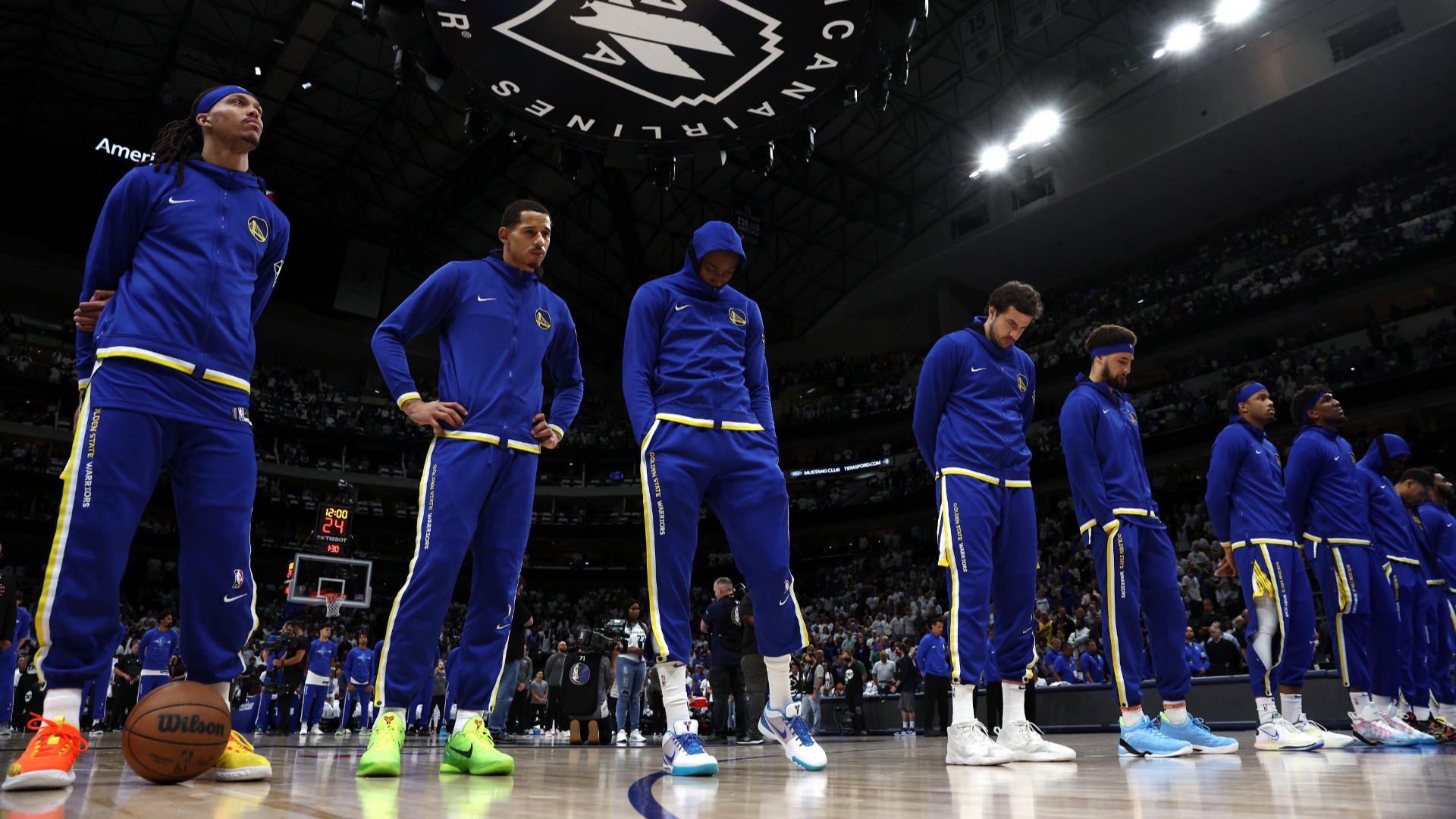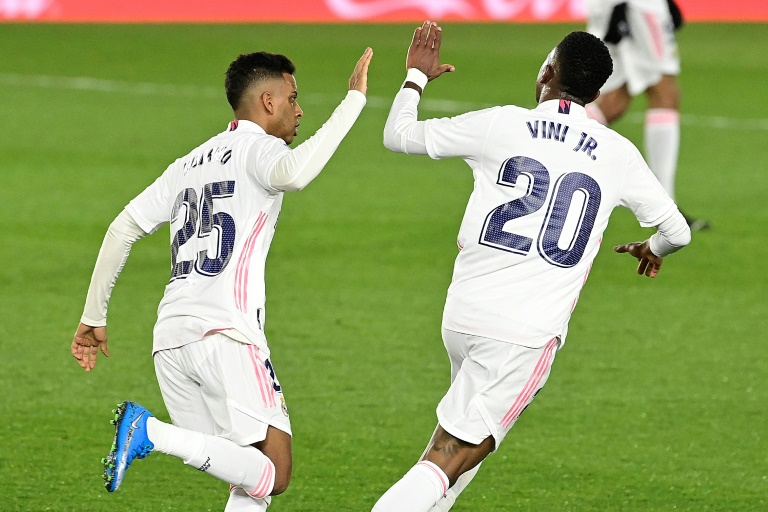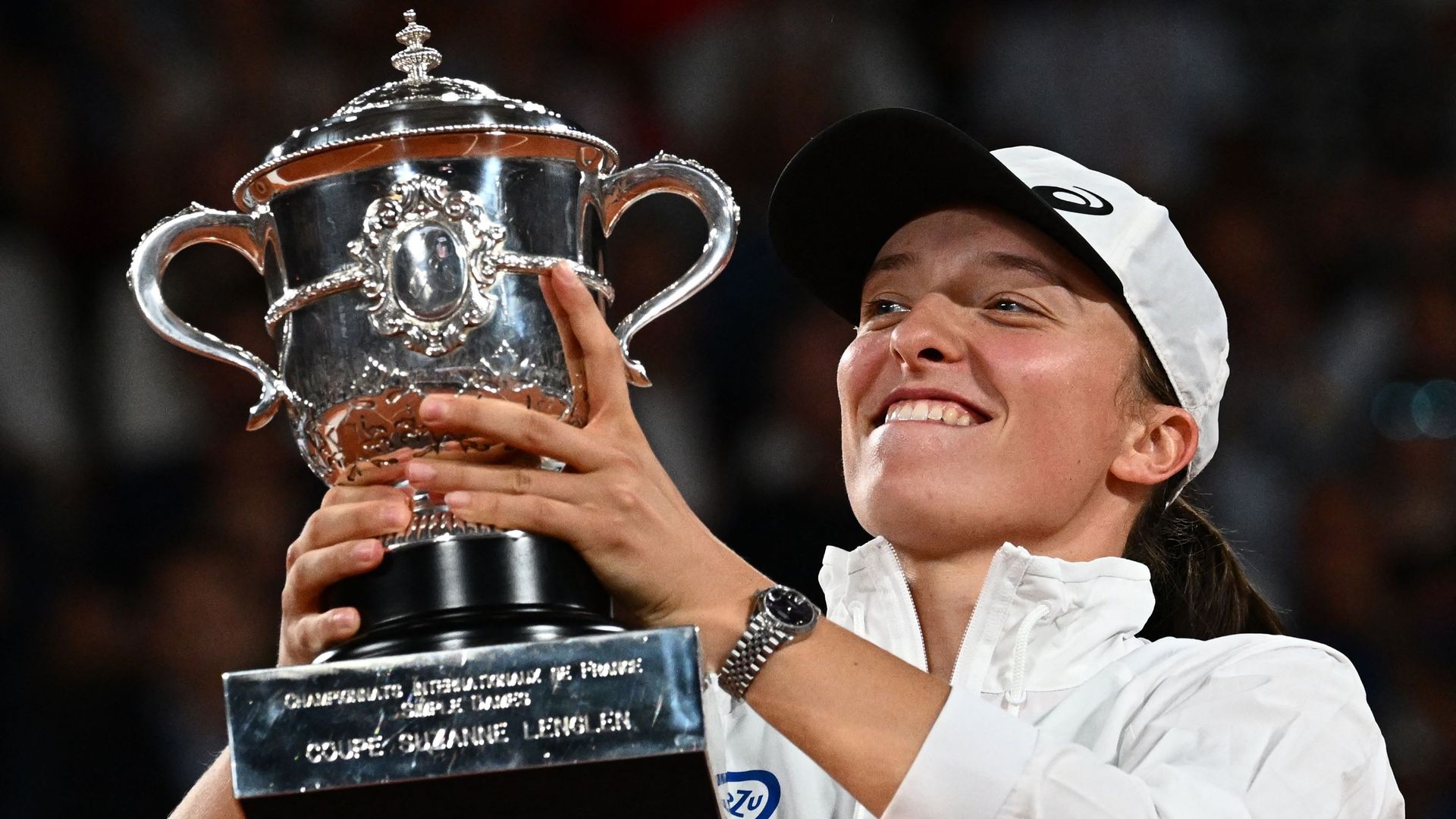
Behind all the charm that Iga Swiatek brings to tennis, the relatable personality and the culture vulture sensibilities, there lies a ruthless champion.
Swiatek is now a two-time French Open winner, and goodness knows how many more grand slams the 21-year-old might add in the coming years.
The women’s tour is not yet officially in a post-Williams era, but if Serena and Venus never play again, the game is surely in safe hands.
A 6-1 6-3 dismantling of Coco Gauff meant Saturday’s showpiece was no classic Roland Garros final. Great champions don’t care much about classics, though. It’s all about getting the W, and stacking those up. Classics are great, but only if you win them.
Nobody in the 2000s has hit on a hotter streak than the one Swiatek is presently living through. This was a sixth consecutive title in 2022 for Swiatek and a 35th match win in succession. Venus Williams had a six-title, 35-win run in 2000, and Justine Henin reeled off six successive tournament triumphs from 2007 into 2008.
The Pole is the youngest winner of two or more grand slams since Maria Sharapova, at 19, added the 2006 US Open title to the Wimbledon crown she sensationally secured as a 17-year-old.
Swiatek is among elite company there, just as she was when she fist-bumped her hero, Rafael Nadal, before stepping onto court.
How far can Swiatek extend this run? Well, Martina Navratilova won 74 successive matches in 1984, a record for the WTA Tour.
As Swiatek collected the Coupe Suzanne Lenglen, she might have been aware that Lenglen, long before the WTA was formed in 1973, embarked on an even more staggering undefeated run.
The Frenchwoman is said to have strung together a 181-match winning streak in the 1920s. Some sources put it at 179, but at this stage we’re splitting hairs.
When Gauff said at the post-match presentation that she hoped to play Swiatek in more finals, a beaming smile passed across the champion’s face, but it faded just a little when Gauff said she hoped to pull off a win in future.
Swiatek, 21, overwhelmed first-time slam finalist Gauff, 18, on this occasion, but they might have many more big-stage matches to come. Swiatek has no interest in losing any such clash.
Based on their combined ages, this was billed as the ‘youngest’ Roland Garros final since 19-year-old Iva Majoli stunned 16-year-old favourite Martina Hingis in the 1997 showpiece.
The only grand slam final in the 21st century to feature two players with a lower combined age than the Swiatek-Gauff pairing was last year’s US Open trophy match between Emma Raducanu and Leylah Fernandez.
Ahead of this match, American great Pam Shriver spoke on the Tennis Podcast about facing the greats of the game in the 1970s and 1980s, saying: “I played through these amazing streaks of Chris Evert, Navratilova, Graf, Seles… but literally the quality of Swiatek’s game right now is equal to the greatest of all time during their streaks. She’s the real deal.”
This match was won by Swiatek identifying a weakness – the Gauff forehand – and targeting it, constantly. There was no escape for Gauff, who would have recognised the shot was letting her down.
By the end of the third game, Gauff had already committed 10 unforced errors and was a double break down. Welcome to your first grand slam final, Coco.
When Gauff slapped a rare forehand winner, she let out a cry of satisfaction, but the Florida resident then lashed the next ball she faced into the tramlines.
It was a 6-3 6-1 trouncing in Swiatek’s favour when these two met in Miami in March, and the Paris crowd were longing for more of a contest this time.
When Gauff broke serve and led 2-0 in the second set, Swiatek’s supremacy was briefly in doubt. That didn’t last long.
Swiatek swept through her next service game and soon had two break-back points when Gauff flung in a third double fault of the match. Then a forehand – of course it was the forehand – went just wide from Gauff and the set was back on serve.
What would the response be from Gauff? She was broken in a flash, and the contest was effectively finished.
How did the match end? With Gauff flinging a forehand service return long. Yes, this was a final with a theme.
Swiatek saw the disappointment in Gauff’s face as she approached the net, and the embrace was a sympathetic one, followed by a consoling pat on the American’s back.
To be clear, that means nothing for their future rivalry. Swiatek is cold-blooded until the final point has been played out.
The AC/DC and Led Zeppelin fan, who has been reading The Three Musketeers while in Paris and visited the Palace of Versailles last week, has this clinical flip side to her character.
She lost her first tour final to Polona Hercog as a 17-year-old in 2019, but since that defeat in Lugano has been formidable in trophy matches, winning nine now and only three times being extended as far as 6-4 in any set.
This is why there might be many more slams to come, and perhaps Wimbledon glory awaits in the coming weeks.
Swiatek won the French Open as the world number 54 and a virtual unknown two years ago and has shown she can handle the pressure of being the top seed and hot favourite this time.
Evert, speaking on Eurosport, was drawn into fantastical talk about Swiatek perhaps one day rivalling Nadal for Roland Garros titles. On Sunday, the Spaniard will go after his 14th such triumph.
“She has to get past my seven, doesn’t she, before we talk about Rafa?” Evert said, shrewdly. “She can look and dream about winning 10 [grand slams], and it’s very possible that she will, but I don’t think specifically she’s thinking, ‘I can win this tournament 14 times’.”
That will surely be beyond Swiatek, but Evert’s haul, the most by a woman, may not be.




